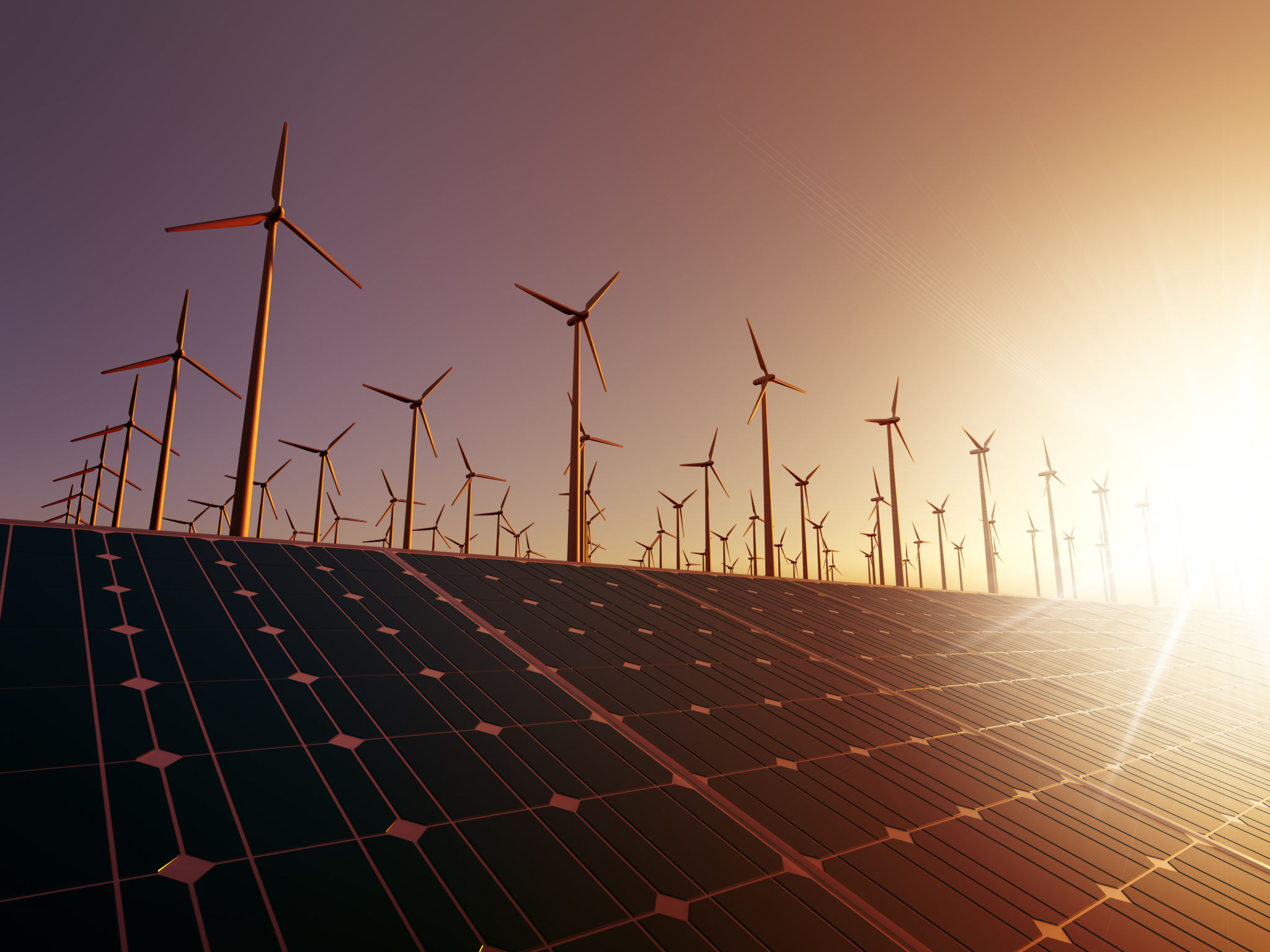Off-Grid Solar Systems
Powering Independence in Portugal
For most homeowners in Portugal, going solar means connecting to the national grid and exporting excess power.
But what if you want to be completely independent — no electricity bills, no grid connection, and no worries about power cuts?
That’s where off-grid solar systems come in.

What Is an Off-Grid Solar System?
An off-grid system is a self-contained power plant for your home. It uses solar panels, batteries, and sometimes a backup generator to produce, store, and supply 100% of your electricity — without any link to the public grid.
Your panels charge the batteries during the day. At night or on cloudy days, the stored energy keeps your lights on, your fridge running, and your Wi-Fi connected.
Think of it as your own mini power station that never sends a cent to the utility company.

What It Includes
An off-grid solar setup usually consists of:
- Solar Panels: Convert sunlight into DC power.
- Hybrid or Off-Grid Inverter: Manages charging, battery control, and power delivery.
- Battery Bank: Stores energy for nighttime or low-sun periods.
- Charge Controller: Protects the batteries from overcharging.
- Backup Generator (optional): Provides extra energy during long cloudy stretches or high usage.
Everything is connected to your home’s electrical system so you can live as you normally would — just without the grid.

Why Go Off-Grid?
True Energy Independence
Perfect for remote homes, holiday villas, or properties where connecting to the grid is costly or impossible.
No Electricity Bills
You generate and store all your own power. After the initial investment, your running costs are minimal.
Reliable Power in Any Condition
Storm? Power cut? Rising tariffs? Your lights stay on because your home runs independently.
Sustainable Living
Off-grid homes rely entirely on renewable energy, cutting your carbon footprint to near zero.
What to Consider Before Going Off-Grid
Energy Usage
You’ll need to size your system carefully.
An average family might use 20–30kWh per day — so the solar array and battery bank must handle both daytime and nighttime consumption.
Battery Capacity
Batteries are the heart of an off-grid system.
You’ll want enough storage to cover at least two days of typical use — often 15–30 kWh of lithium-ion batteries.
Backup Plan
Even in sunny Portugal, a few cloudy days in a row can reduce output.
A small generator or wind turbine can provide peace of mind during extended low-sun periods.
Cost
Off-grid systems cost more upfront — usually 80–120% higher than grid-tied setups — because of the battery bank and backup components.
However, for remote properties or those facing high grid connection fees, it’s often more economical long-term.
Certification & Design
Portuguese law still requires certified installation and DGEG registration, even for off-grid systems, to ensure safety and insurance compliance.

Who It’s Ideal For
- Rural homes or properties far from the grid
- Vacation homes where you want reliable, self-contained power
- Eco-conscious families seeking full sustainability
- Landlords converting agricultural or off-grid retreats into rental units
Final Thought
Off-grid solar isn’t for everyone — but for those who crave independence, security, and sustainability, it’s the ultimate freedom.
At Sol Viva, we design off-grid systems that balance performance, cost, and simplicity, so you can live comfortably and sustainably — no matter where you are.
Thinking about going off-grid?
Start with an energy assessment and discover what total energy independence could look like for your home.
